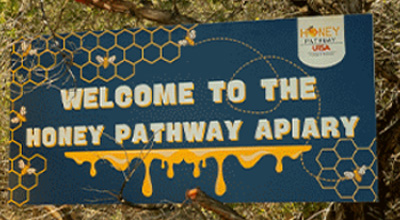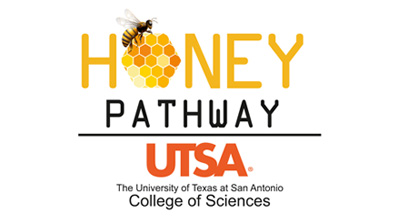The Department of Biology, Health, and the Environment is a comprehensive academic Department that offers a B.S. degree in Biology, a B.A. degree in Environmental Studies, a B.S. degree in Environmental Science, a B.S. degree in Multidisciplinary Science, a M.S. degree in Biology, and a M.S. degree in Environmental Science.
Welcome to the Department of Biology, Health, and the Environment, where science meets innovation, education, and real-world impact. We serve over 2,500 students and offer programs in Biology, Environmental Science, Environmental Studies, and Multidisciplinary Science, preparing future biologists, health professionals, environmental scientists, and science educators for meaningful careers.
Our Mission
We inspire and prepare current and future generations to enact positive change by solving complex multidisciplinary challenges related to biological systems, health, and sustainability.
Why Choose Us?
Comprehensive Programs: Tailored degree tracks in biology, environmental sciences, environmental studies, and multidisciplinary science.
Engaging Pedagogy: Active learning strategies, lab-based instruction, research opportunities, and real-world problem-solving.
Faculty Expertise: Research-driven faculty dedicated to student success.
Career Readiness: Strong preparation for graduate studies, medical and health professions, environmental careers, and science education.
Join us as we explore life, protect the environment, and advance health sciences, shaping a sustainable and healthier future for all.
Where Biology, Health, and Environment Unite for a Better Future
Interested in learning more? Contact us today to start your journey in the sciences.

2928
Undergraduate Students
91
Graduate Students
57
Faculty
$3.1M
Research Expenditures
New Student Orientation
Join us on January 16, 2026 from 9 am to 1:30 pm in FLN 2.01.12. Check out the flyer to RSVP.
Department Chair Position Open
The Department of Biology, Health, and the Environment invites applications for the Department Chair position. Click the link for additional information.
Interested in Applying for Open Faculty Positions?
Weather Ready Texas Cluster: The Department of Biology, Health and Environment and the Department of Earth and Planetary Sciences invite applications for an Associate or Full Professor Wildfire Scientist position.
Latest BHE News
View All BHE News
January 6, 2026
UTSA's HONEY Pathway explores the medicinal properties of honeyPublished by Texas Butterfly Ranch

November 9, 2025
UT San Antonio's HONEY Pathway program explores honey as medicinePublished by Spectrum News

September 1, 2025
Video: Texas beekeeper stops by UT San Antonio to learn about honey researchPublished by PBS

